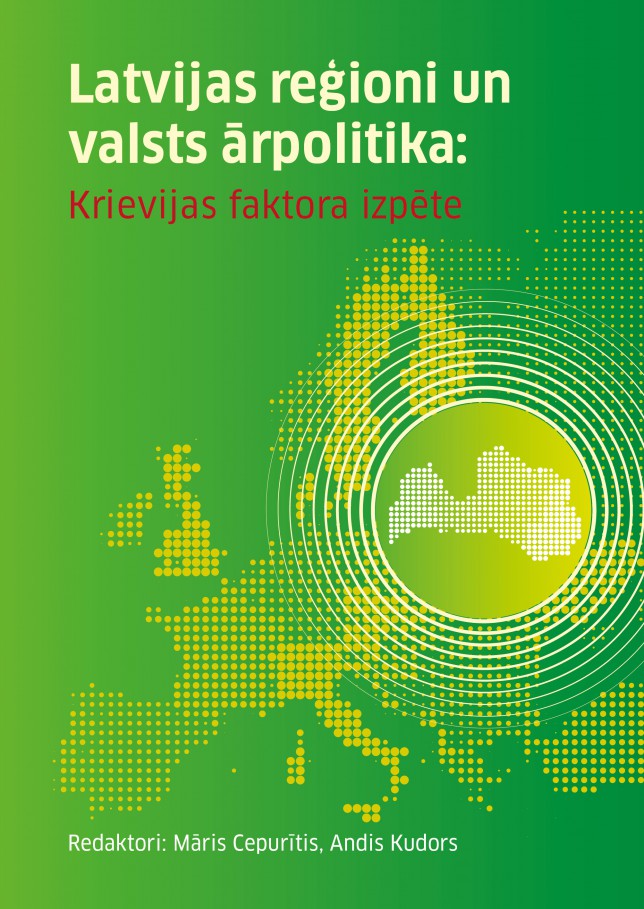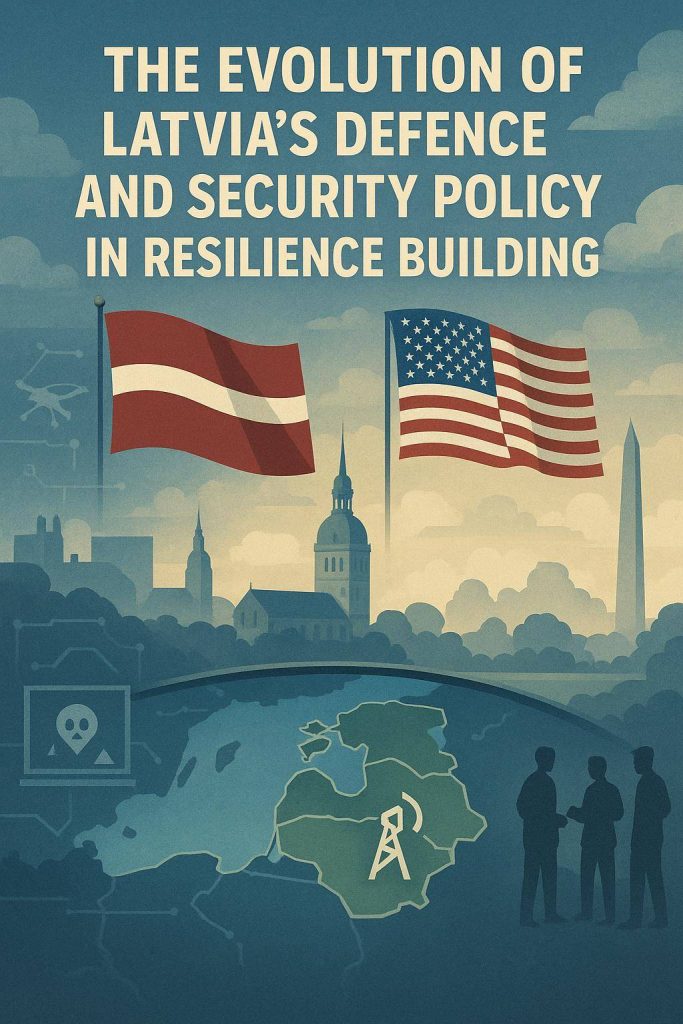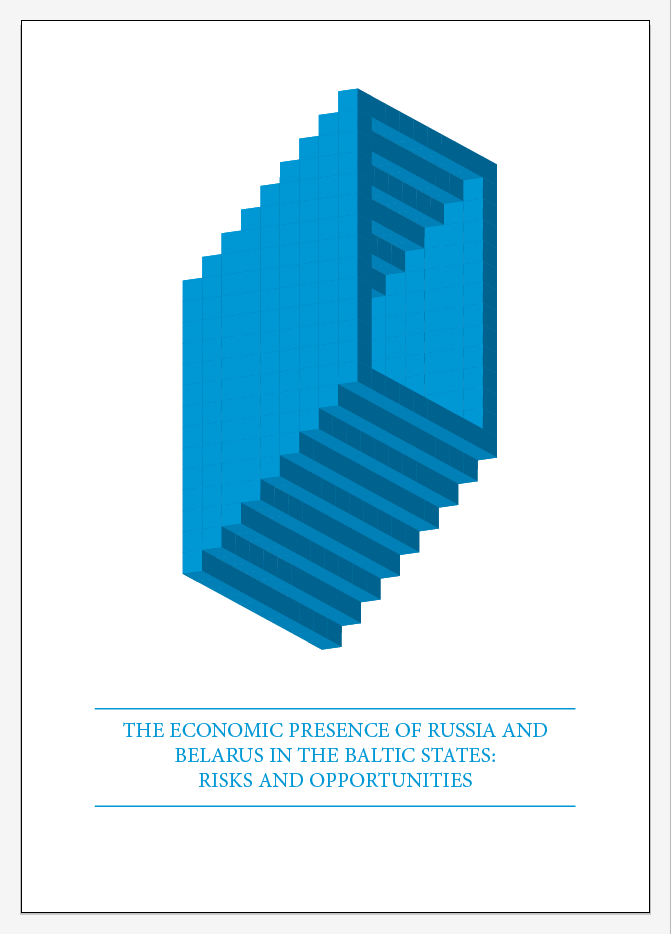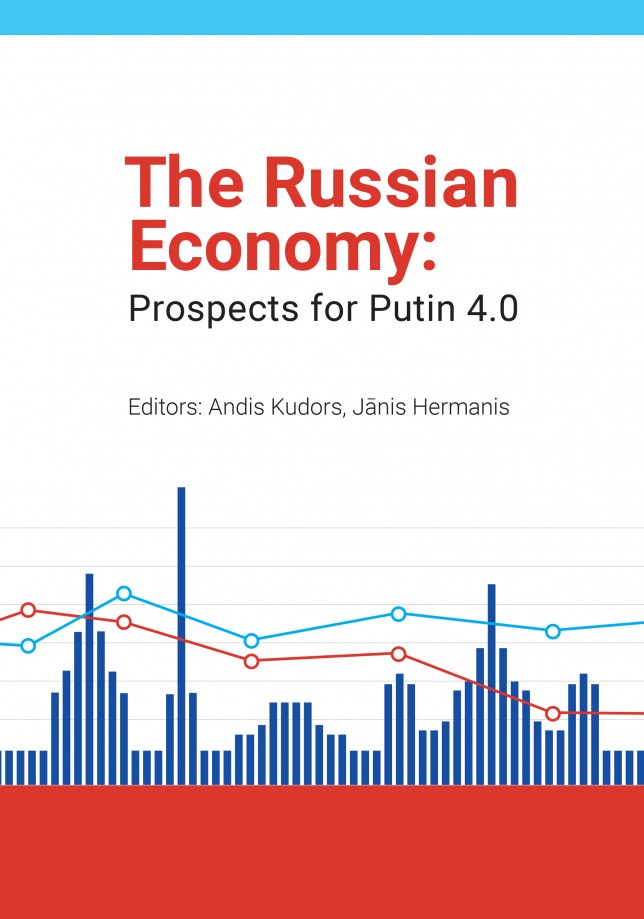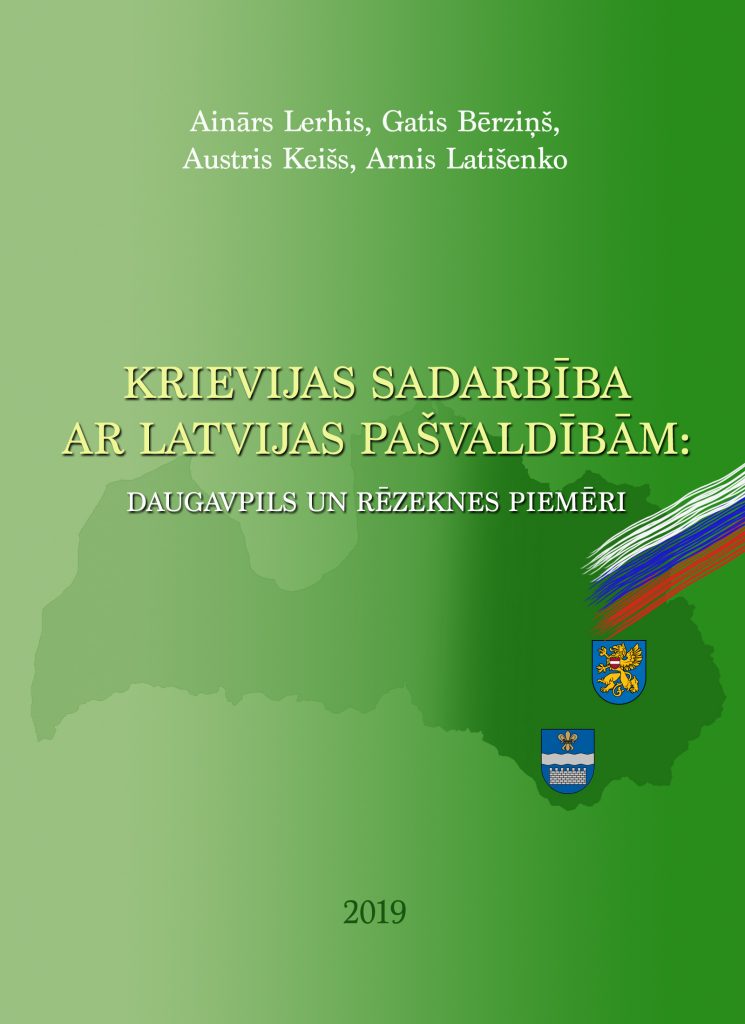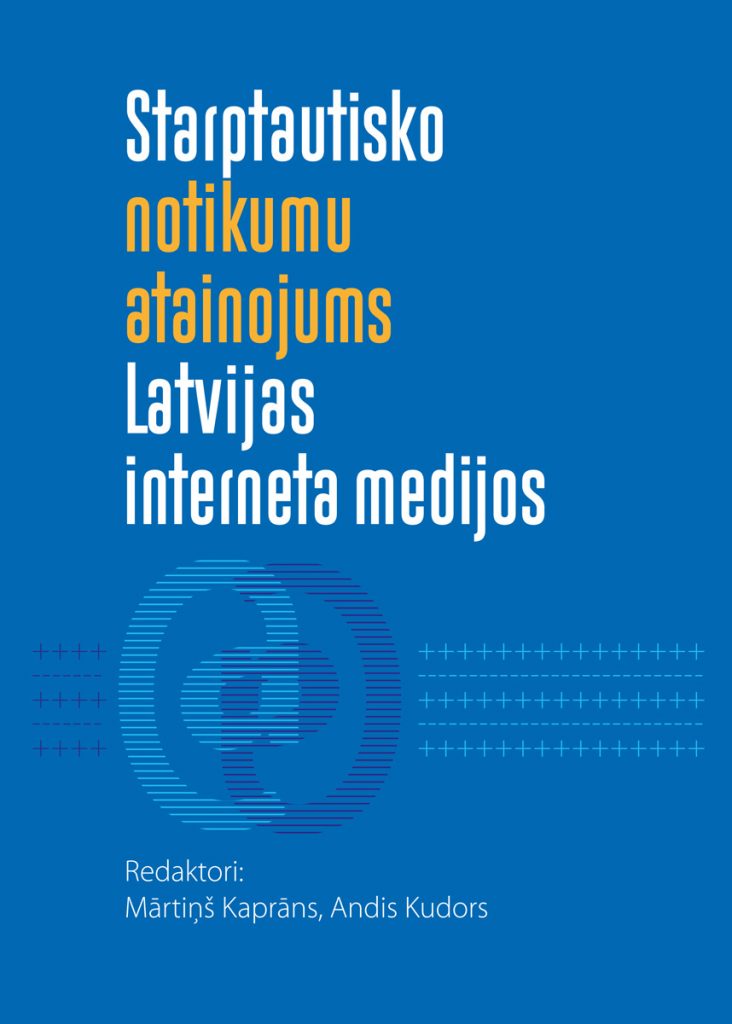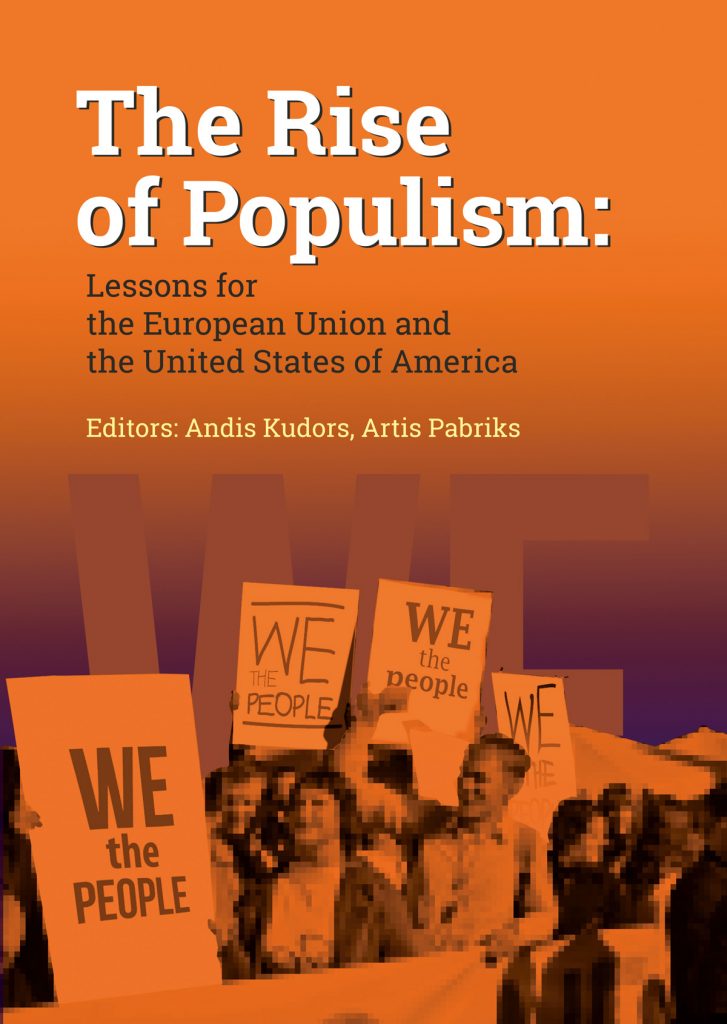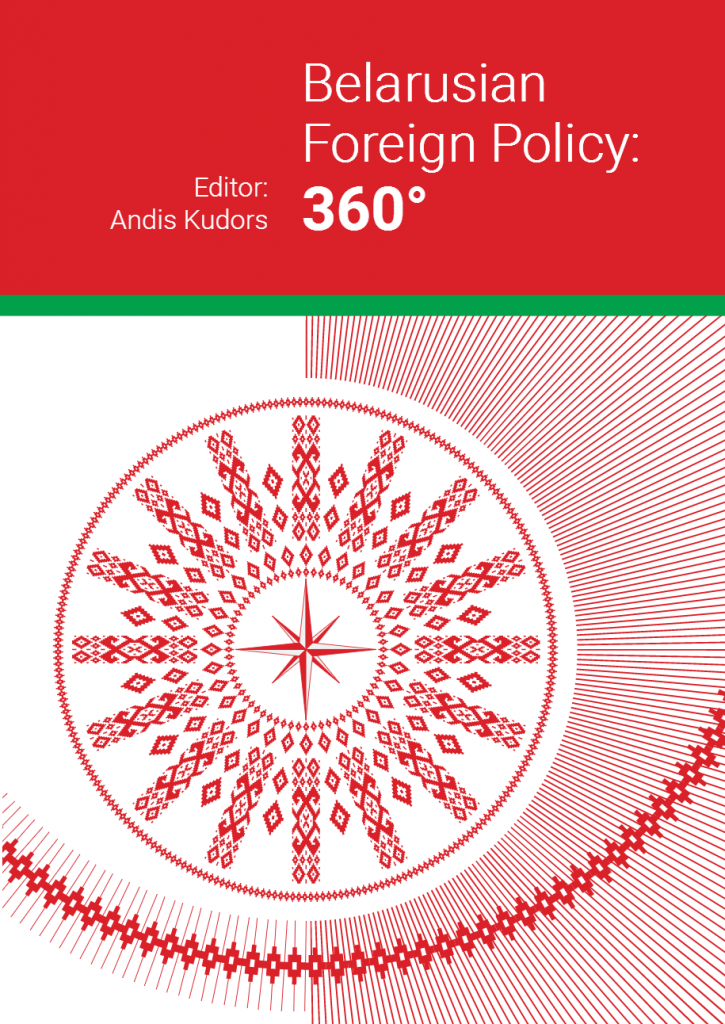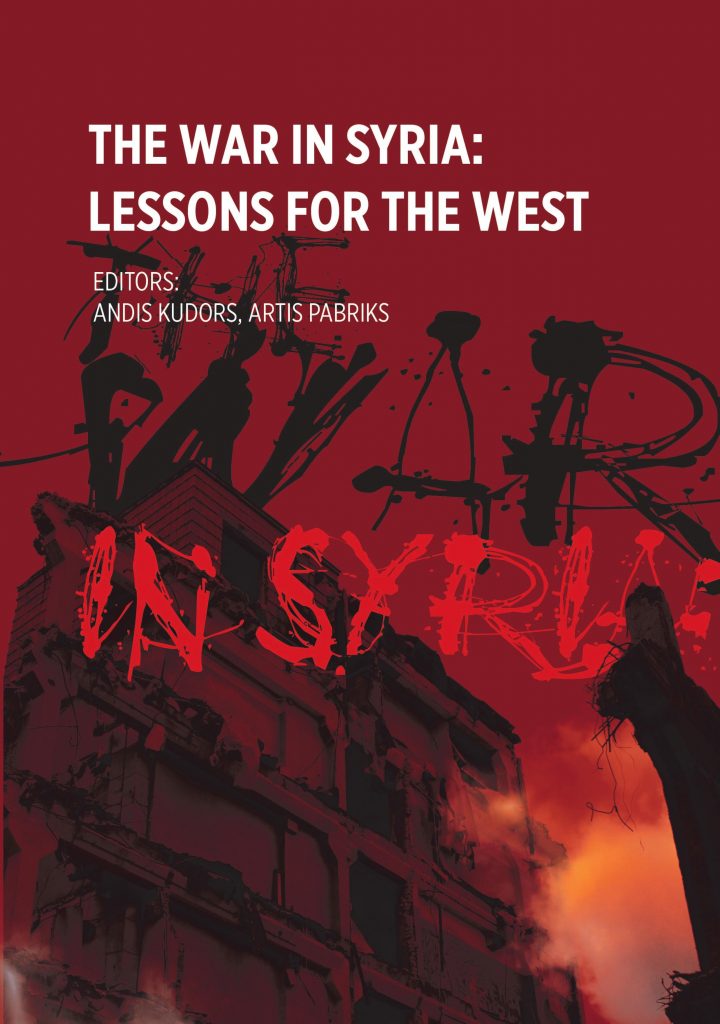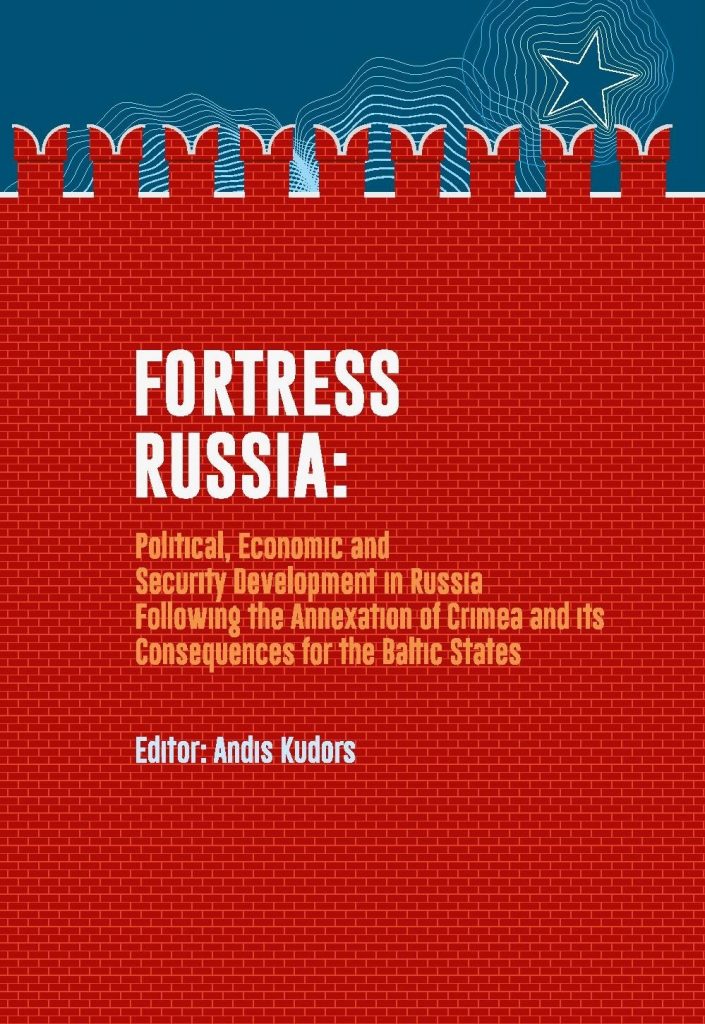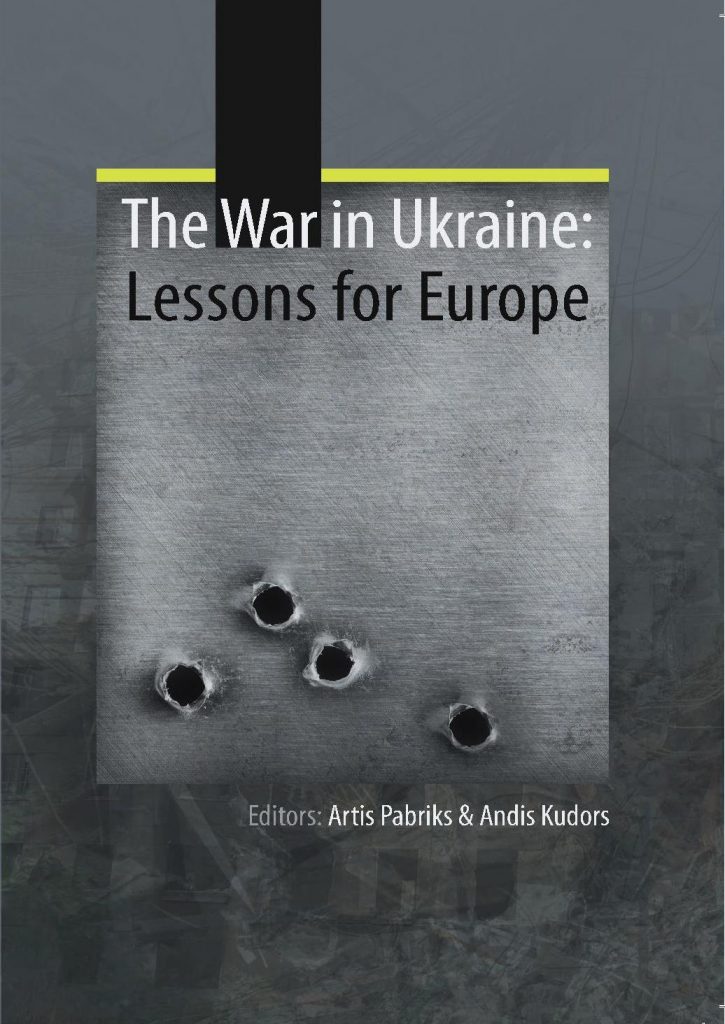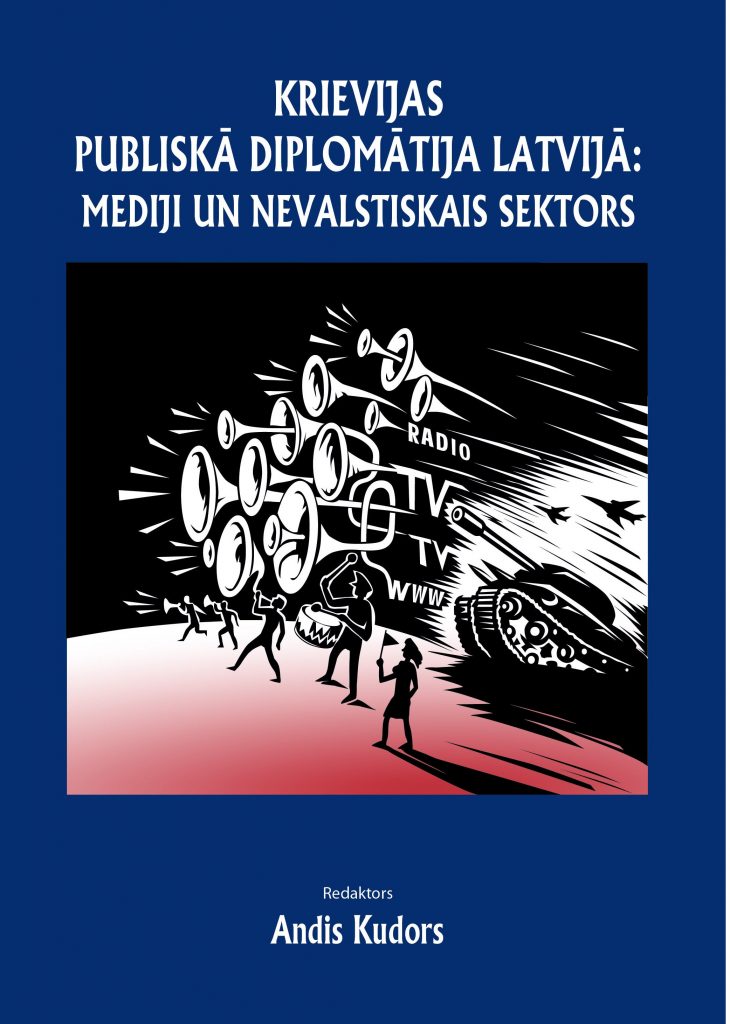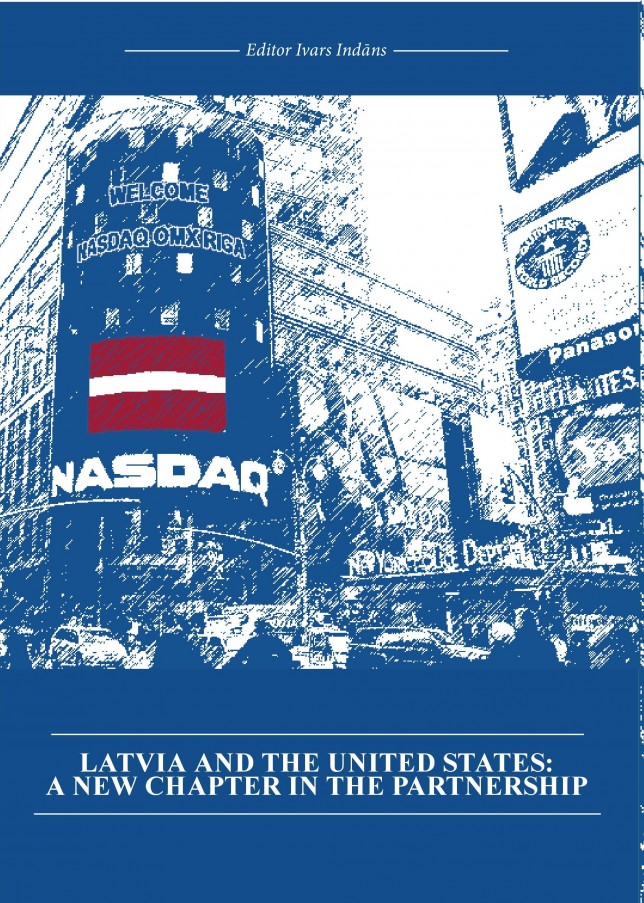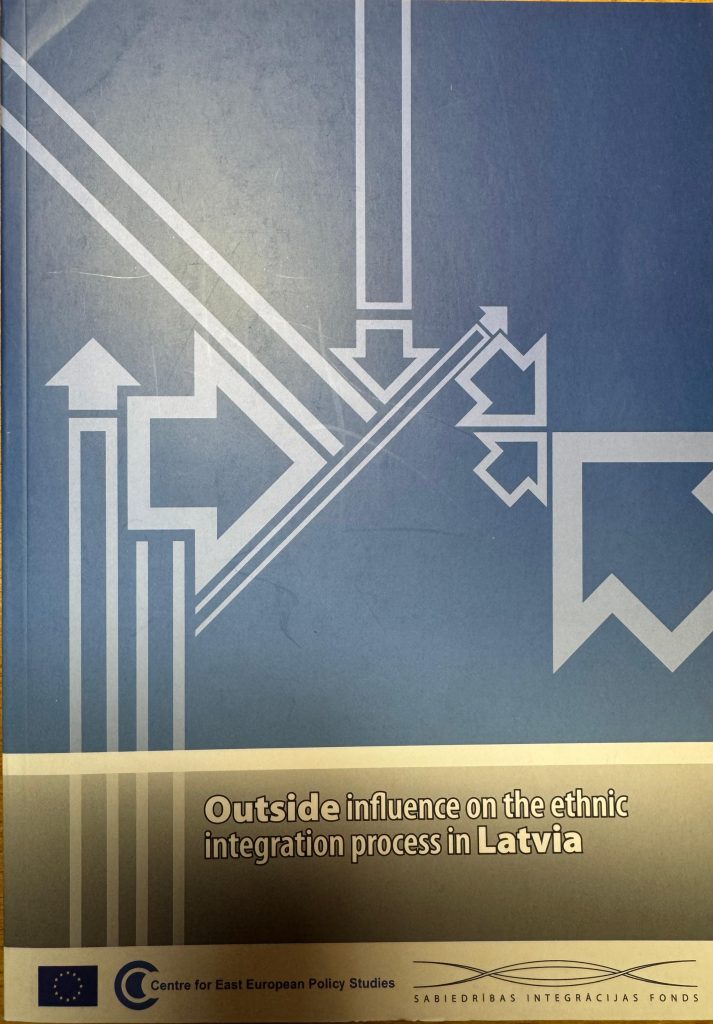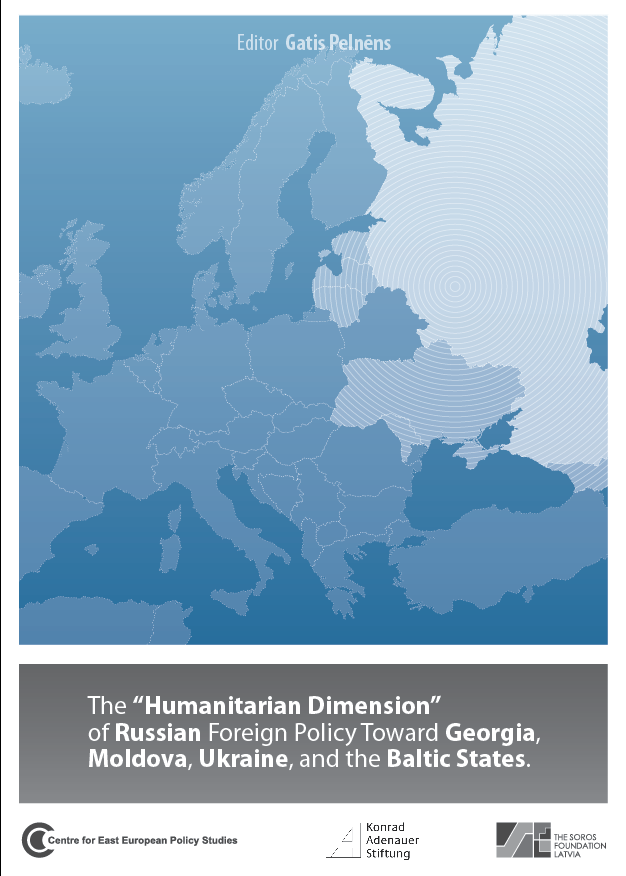Latvian Regions and Foreign Policy: The Case of the Russian Factor
Municipalities today have become individual makers of external relations. Latvian municipalities are no exception and cooperate with local governments of neighboring countries, other European countries and even other countries of the world. However, the geopolitical situation in Latvia creates both opportunities for cooperation and increases the risks associated with the aggressive and hidden nature of Russian politics.
The aim of this study was to investigate the external relations of local governments and their relation to Latvian foreign policy, paying special attention to the Russian factor. The study covers the period from mid-2009 to mid-2017, including two municipal election cycles. At the beginning of the study, the methodology of conducting it is described, as well as an insight into the theoretical principles of paradiplomacy, which allows for a better understanding of the impact of external relations of Latvian regional players on the foreign policy of the country. Following is an analysis of the institutional framework for the formulation and implementation of Latvia’s foreign policy, which includes the role of both the national and local institutional levels in shaping external relations. A separate chapter is devoted to the role of Russian regions in the foreign policy of their country. This section helps to assess the political context of cooperation between Latvian municipalities and Russian partners. There is a separate section for each planning region, followed by an overview of municipal cooperation with state institutions.
The authors of the study are: editors – Māris Cepurītis and Andis Kudors, authors – Andrejs Antipovs, Mārcis Balodis, Agita Briča, Arnis Latišenko.
